1. Living in a Van
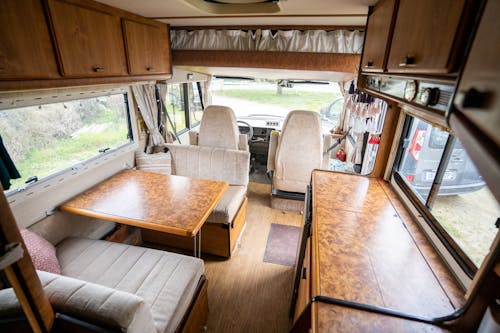
Van life looks romantic on Instagram—mountains out your back window, coffee steaming on a tiny camp stove—but it’s also a choice that tends to invite questions. People want to know where you shower, how you get mail, and whether you’re secretly homeless. You’ll probably find yourself explaining, over and over, that you choose this lifestyle for freedom, travel, or financial reasons. Some will still think it’s a phase, or that you’re avoiding “real life.”
The reality is that living in a van can be practical for those who want mobility and low living costs. But it also comes with logistical challenges—limited space, minimal privacy, and constant mechanical upkeep. Friends and family might be supportive at first, but once they hear you’re sleeping in a Walmart parking lot, they might start worrying. That’s when you have to explain that safety, location choice, and resourcefulness are part of the deal.
2. Being Child-Free by Choice

Choosing not to have kids is one of the most personal decisions someone can make, yet it often comes with unsolicited opinions. People might ask when you’ll “change your mind” or suggest you’ll regret it later. You may have to justify your choice repeatedly, citing financial stability, lifestyle freedom, or simply not wanting to parent. It can feel like defending yourself against an unspoken accusation that you’re selfish.
From a practical standpoint, being child-free can mean more time, more money, and fewer responsibilities. But for many, the decision is about self-awareness—recognizing the demands of parenting and deciding it’s not for them. Cultural norms still lean toward expecting people to have children, which makes opting out an easy target for scrutiny. Over time, you develop a repertoire of polite but firm responses for the inevitable questioning.
3. Minimalist Living

Minimalism is often praised online for its simplicity, but in real life, it can trigger skepticism. People might ask why you don’t own a TV, why your wardrobe is so small, or whether you’re just trying to be trendy. They may not understand that for you, it’s about reducing clutter, saving money, and focusing on what matters. Still, you might have to defend it against the idea that it’s an extreme or impractical way to live.
Minimalism can indeed be freeing, but it requires conscious choices—resisting impulse buys, prioritizing utility over sentiment, and sometimes letting go of things others think are “essentials.” It’s not about deprivation but about curating your environment to align with your values. For outsiders, the empty space might look cold or sparse. To you, it’s breathing room.
4. Full-Time RV Living

Trading a house for a home on wheels can sound adventurous, but people often assume it’s a retirement-only lifestyle. Younger RV dwellers might face questions about stability, job security, and whether it’s “safe” to be constantly on the move. You might find yourself explaining how Wi-Fi hotspots, campground memberships, and careful route planning make it all work. But even then, some will quietly wonder if you’ve run away from something.
RV life offers a lower cost of living for many and a way to explore without taking vacation days. It can be sustainable with remote work, good maintenance, and a flexible mindset. However, it’s not all scenic overlooks—there’s sewage disposal, weather hazards, and constant maintenance to consider. People often need to hear about those realities before they stop picturing it as a never-ending vacation.
5. Co-Living in Shared Houses
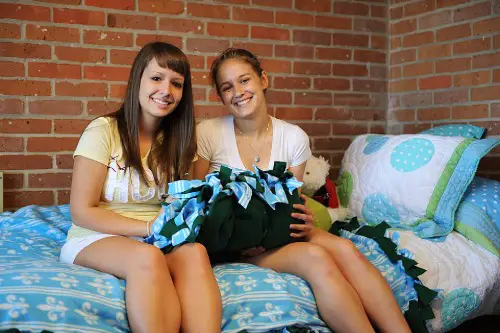
Sharing a home with unrelated adults into your 30s or beyond often gets side-eyes. Friends might assume you can’t afford to live alone, or that you’re stuck in a college mindset. You might explain that you choose this for community, cost savings, or sustainability reasons. Still, it’s hard to shake the idea that adulthood means total independence.
Co-living can mean reduced expenses and less isolation, especially in expensive cities. It can also offer built-in social networks and shared responsibilities. The trade-offs—compromising on privacy, navigating group decisions, and dealing with other people’s quirks—are part of the appeal for some and the dealbreaker for others. To live this way long-term, you get good at defending it as a deliberate choice.
6. Tiny House Living
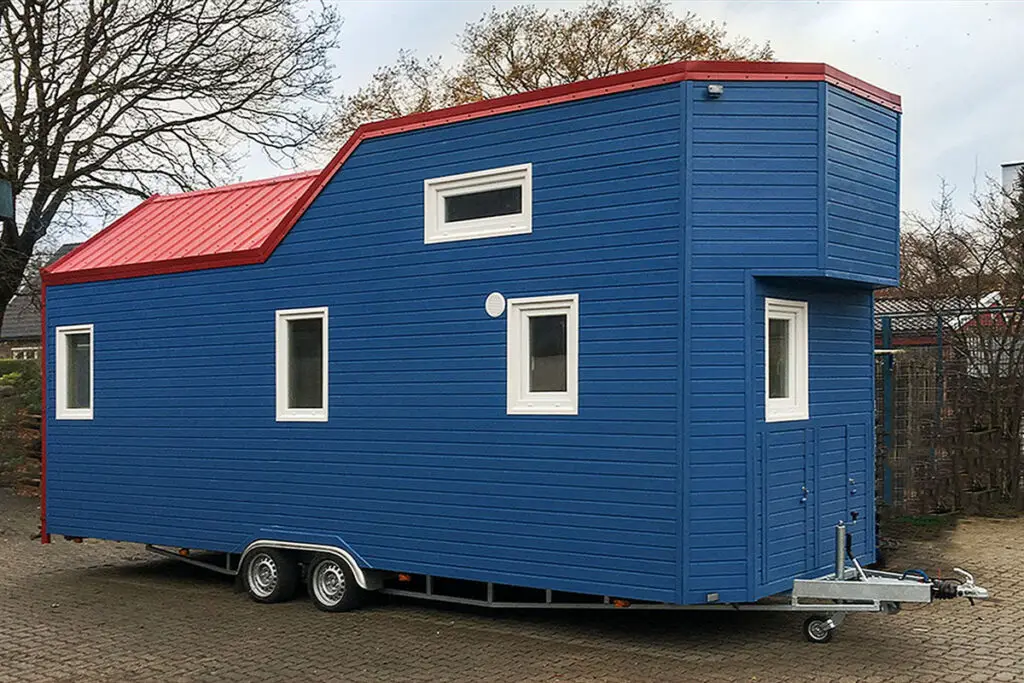
Tiny houses are charming in photos but invite curiosity in practice. People often ask how you store clothes, cook, or host guests. You may have to point out that space efficiency, lower utility bills, and freedom from a mortgage are worth the trade-offs. For some, it’s still inconceivable to live without a full-size oven or a walk-in closet.
While zoning laws and building codes can complicate tiny house ownership, the payoff for many is financial freedom and environmental benefits. They can be moved, customized, and maintained at a fraction of the cost of a traditional home. The challenge is that society is built for larger living spaces, so adaptation is constant. Every conversation about your home becomes an opportunity to explain why it works for you.
7. Digital Nomad Lifestyle
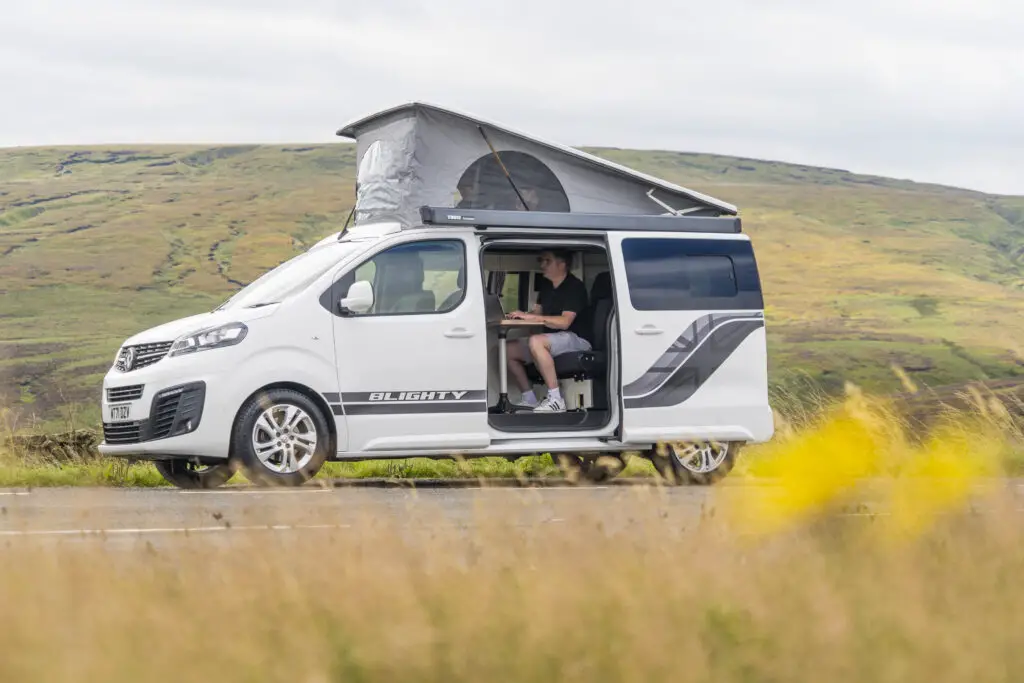
Working from beaches or coffee shops around the world sounds glamorous, but people often doubt its stability. You may have to explain time zone management, work visas, and how you actually get anything done without an office. Skeptics might assume it’s a glorified vacation or that your career can’t be “serious” if you’re always traveling. You’ll probably repeat your reasoning until you could give a TED Talk on it.
The digital nomad life can be rewarding, offering cultural immersion and freedom to design your own schedule. It requires self-discipline, good tech infrastructure, and a financial safety net. There’s also the challenge of maintaining relationships when you’re rarely in one place for long. For many, it’s worth the hassle—if you can ignore the raised eyebrows.
8. Off-Grid Living
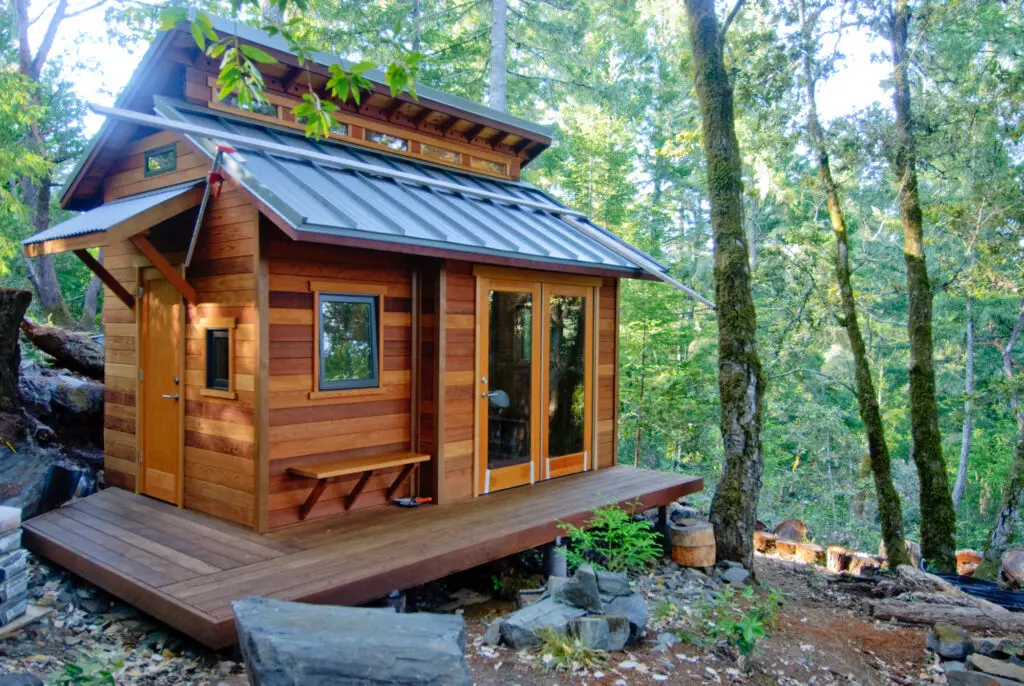
Disconnecting from public utilities often sparks disbelief. People might ask how you handle water, electricity, and heating, or whether you have to “live like a pioneer.” You may explain solar panels, composting toilets, and rainwater collection systems until you’re blue in the face. Still, there’s an assumption that it’s either extreme survivalism or a quirky eco-experiment.
Off-grid living can drastically lower bills and reduce environmental impact. It can also provide a deep sense of self-reliance and connection to the land. But it comes with high upfront costs, maintenance challenges, and occasional isolation. Those who thrive in it often become skilled at reframing the conversation from “hardship” to “freedom.”
9. Intentional Communities
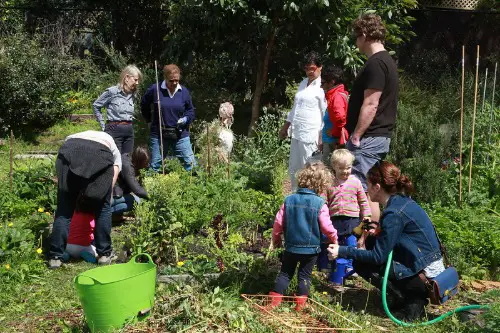
Choosing to live in a community built around shared values isn’t mainstream, and people often assume it’s a cult. You might have to explain the governance model, conflict resolution processes, and how finances are managed. Questions about privacy and independence will come up a lot. Even with the best explanations, some people will think it’s just a commune in disguise.
Intentional communities can provide strong social bonds, pooled resources, and shared labor. They often focus on sustainability, mutual aid, or spiritual growth. But they also require ongoing communication and compromise, which can be exhausting for some. Defending your choice means showing how the benefits outweigh the complexities.
10. Long-Term Backpacking

Traveling with just a backpack for months or years can seem reckless to the uninitiated. People may ask when you’re coming “back to reality” or if you’ve found a “real job” yet. You might explain seasonal work, remote gigs, or careful budgeting. The disbelief often comes from the assumption that constant travel is inherently unstable.
For those who do it, long-term backpacking offers a minimalist, adaptable way to explore the world. It fosters resourcefulness, adaptability, and cultural understanding. But it also means sacrificing comfort, stability, and sometimes personal space. The choice can be hard to justify to those who equate home with security.
11. House-Sitting as a Primary Residence

Living by caring for other people’s homes sounds unconventional—and it is. People might ask if it’s safe, reliable, or even legal to go without a lease of your own. You’ll likely explain how platforms match sitters to homeowners, and how it can be mutually beneficial. Still, it’s not a lifestyle many imagine lasting for years.
House-sitting can mean free accommodation in exchange for tasks like pet care or plant maintenance. It’s ideal for those who want flexibility and variety without the cost of rent. The downside is unpredictability—you’re at the mercy of available gigs and travel schedules. That’s often the part you have to explain when people question the sustainability of it.
12. Sailing Full-Time
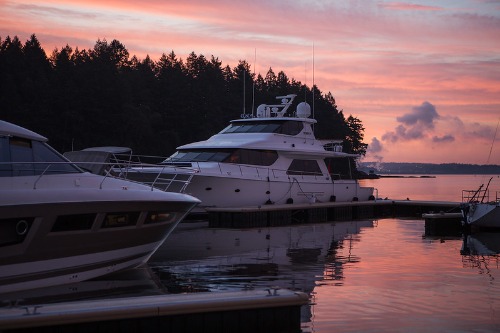
Living on a boat year-round invites all sorts of questions. People wonder about storms, navigation, and whether you get seasick. You might explain the routines of maintenance, docking, and route planning, along with the thrill of constant travel. But the “what if” scenarios—pirates, sinking, isolation—tend to dominate conversations.
Full-time sailing can be cost-effective compared to land living, depending on the boat and lifestyle. It offers unparalleled freedom, a close connection to nature, and the ability to explore remote places. But it also demands skills, constant attention to weather, and readiness for emergencies. Explaining why it’s worth it becomes second nature after a while.
13. Urban Homesteading
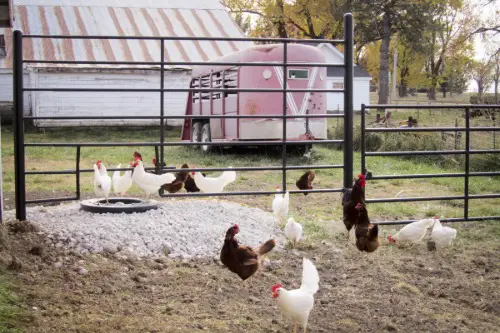
Raising chickens and growing vegetables in a city can look eccentric to neighbors. People may ask why you bother when you can just buy eggs or lettuce at the store. You’ll explain the satisfaction of self-sufficiency, better food quality, and reduced environmental impact. Still, some will see it as impractical or outdated.
Urban homesteading can be a way to connect with food systems and reduce reliance on industrial agriculture. It can also foster community through farmers’ markets or neighborhood sharing. But it takes work, space, and sometimes bending local ordinances. Each time you explain it, you’re making the case for a slower, more intentional way of living in a fast-paced environment.
This post 13 Alternative Ways of Living That Require Constant Justification was first published on Greenhouse Black.
